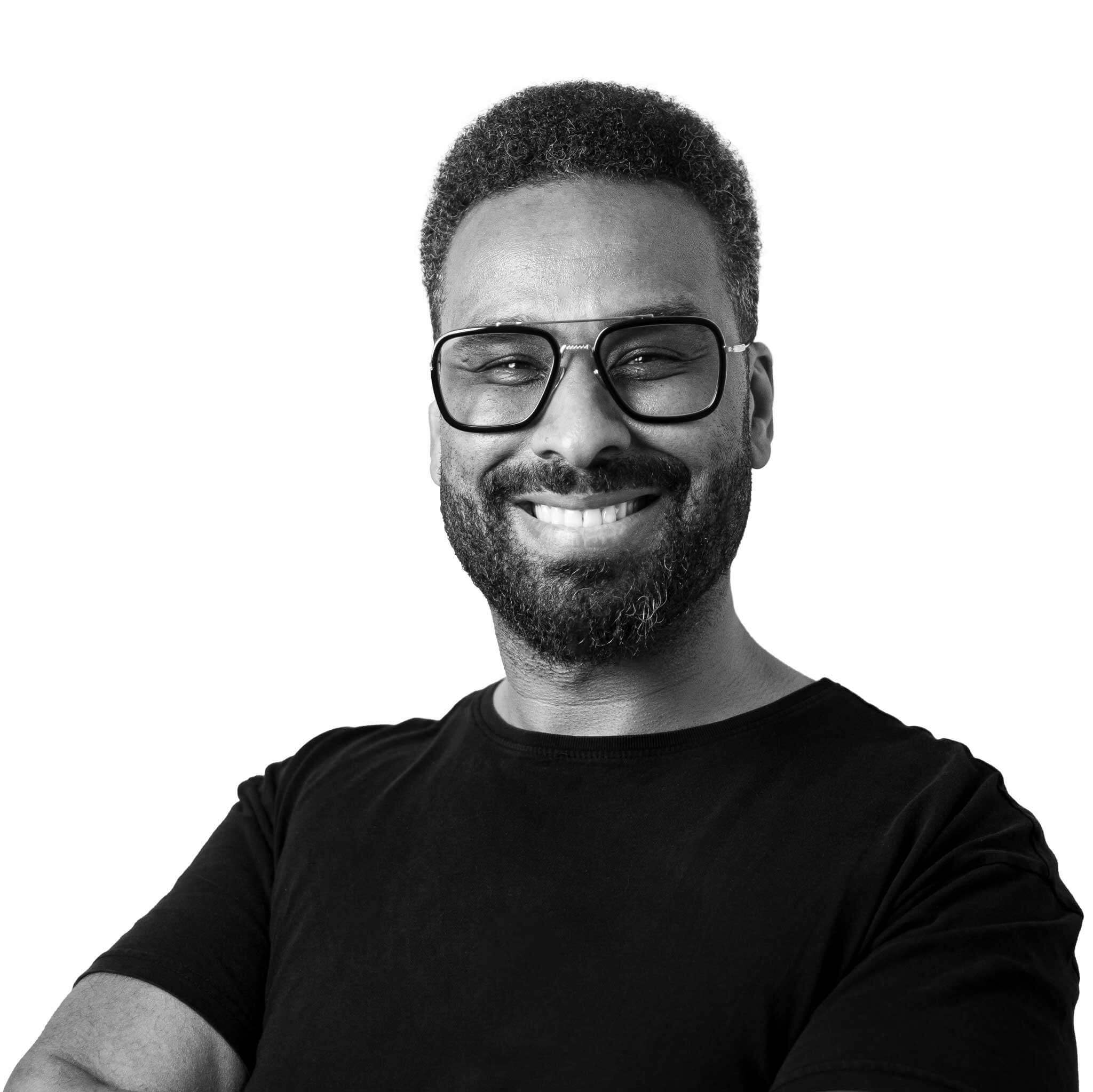The Best AI Tool is the One You Already Have
28-Sep-2025 10:00:00 AM • Written by: Mohamed Hamad

Why learning the basics is more important than chasing the next shiny object.
Every week, it feels like there are ten new AI tools that promise to change everything. As I said in a recent webinar, "every other week there's a new feature and a new something." The result? A serious case of tech anxiety and the feeling that you're already falling behind.
If you feel this way, you're not alone. During that webinar with Mitch Schwartz, founder of OpsMachine, one of the biggest concerns from the audience was how to handle the constant "barrage of new AI platforms." It's a valid feeling. The pace is impossible for anyone to keep up with, even people who work in this space every day.
But I want to offer a different, more grounded perspective. You don't need to be on the cutting edge of every new app. In fact, you're probably better off not being there.
The Best Camera is the One in Your Hand
I've been a photographer for years, and there's an old saying in that world: "The best camera is the one you have in your hand right now."
This idea applies perfectly to the current AI landscape. Chasing the "perfect" tool is a distraction. A good photographer with a basic camera will always get a better shot than an amateur with the most expensive gear. The same is true for AI.
The goal isn't to collect a folder full of software subscriptions; it's to get results for your business. And you can get fantastic results with the tools you already know and have access to.
Start Where You Are: Find the Bottleneck
So where do you start? Before you even think about which tool to use, follow Mitch's advice: look for the bottlenecks in your own workflow. Ask yourself, "What's repetitive? What's draining me?"
Identify the low-stakes, high-volume tasks that slow you down. These are the perfect first candidates for AI because you get a lot in return for the effort. Think about things like:
- Synthesizing information: Ask it to summarize a long email thread or a dense report into a few key bullet points.
- Repurposing content: Turn a long report into an audio overview you can listen to, or a blog post into a series of social media updates.
The most valuable AI is often the one that's already integrated into your workflow, like Gemini in Google Workspace or Copilot in Microsoft 365. Don't be afraid to just play with them on these tasks. As Mitch said, "Leave a bit of space and see, sometimes you'll spark something cool. Sometimes you won't."
Now, it's true that sometimes these tools can feel a bit unpolished or buggy. They are a work in progress, and at times can feel tacked on. But it's important to remember that this is the worst they will ever be. They are constantly being updated and improved.
It's the Surfer, Not the Surfboard
In our webinar, Mitch used a great analogy that stuck with me: learning to use AI is like learning to surf.
It doesn't matter how fancy your surfboard is if you don't have the core skills: balancing, reading the wave, and knowing when to paddle. The same goes for AI. The core skills are not about mastering a specific platform, but about:
- Knowing how to have a clear, contextual conversation.
- Breaking down a complex task into simple steps. A seemingly simple request like "make a LinkedIn carousel" actually involves figuring out the topics, writing the slides, creating a call to action, and then making the images.
- Giving good feedback to guide the AI toward the right outcome.
Once you master these skills on one platform, you can take them anywhere. The interface might change, but the fundamentals are universal. Developing these conversational skills is a topic in itself, and it's less about 'engineering' a prompt and more about learning to give a good brief, just as you would to a new team member.
Final Thoughts
My advice is to stop chasing shiny objects. Pick one tool, preferably one you already have access to, and commit to learning it well.
While generalized tools like Gemini and Copilot are powerful enough for 90% of most business needs, there will always be a place for specialized platforms. If your work involves advanced image creation, video editing, or complex data analysis in fields like science or finance, you will find tools tailored specifically for those needs.
But even then, the rule is the same: master the fundamentals first. The core ability to communicate your intent clearly is the universal skill. It's the one that will pay off the most in the long run, no matter which tool you're using.
What's one AI tool you already have access to that you could explore more this week?
Watch the Webinar With Mitch Schwartz
Third Wednesday Webinar
Register to our monthly Third Wunder Webinars
Mohamed Hamad
Mohamed Hamad is the founder of Third Wunder, a Montreal-based digital marketing agency, with 15 years of experience in web development, digital marketing, and entrepreneurship. Through his blog, "Thought Strings", he shares insights on digital marketing and design trends, and the lessons learned from his entrepreneurial journey, aiming to inspire and educate fellow professionals and enthusiasts alike.
